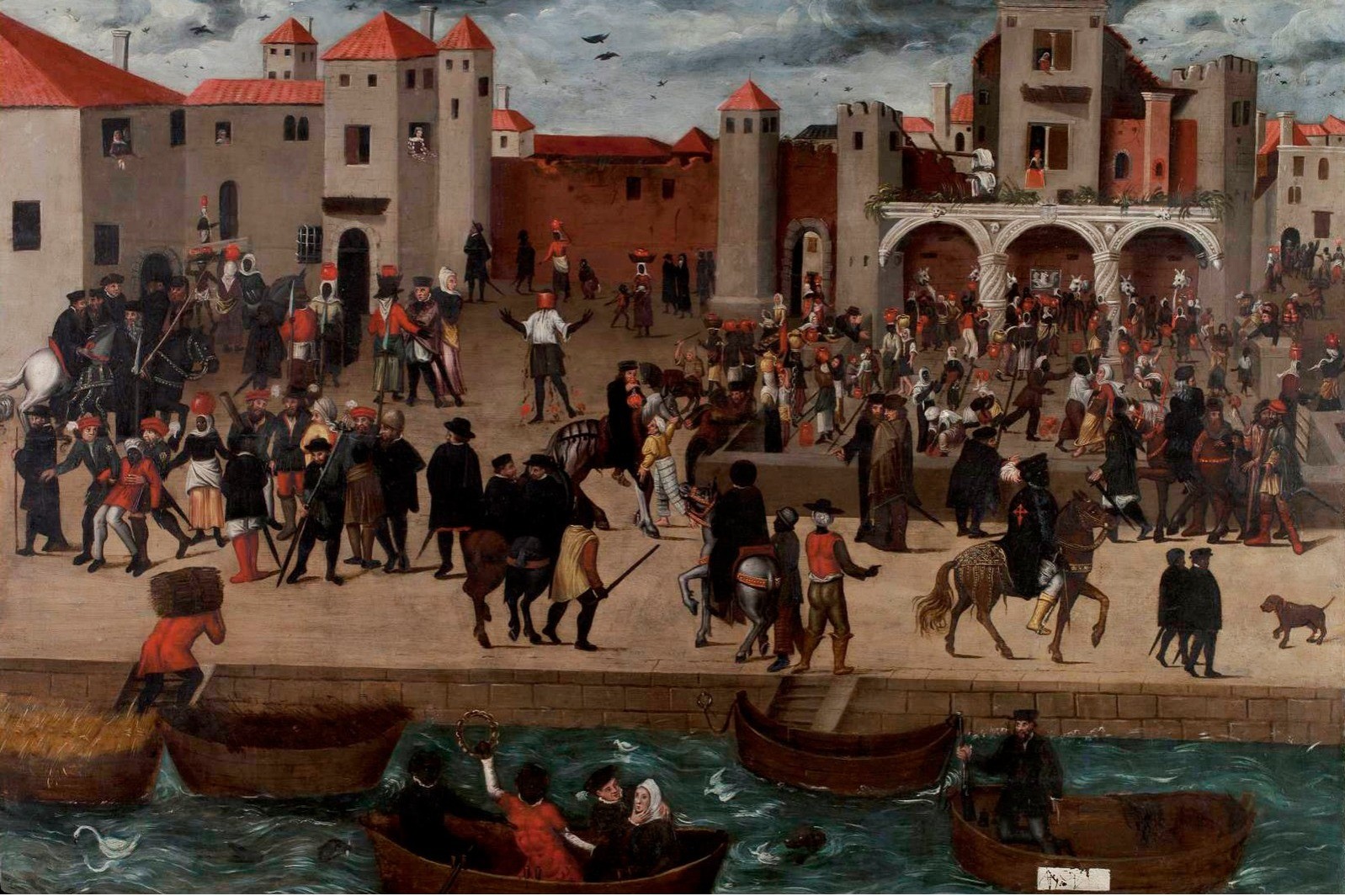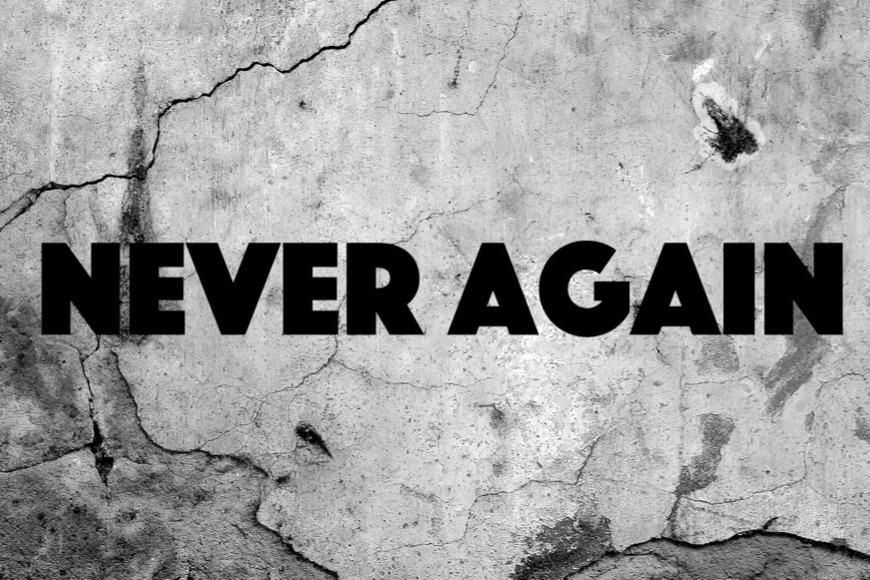Projects
The religion-secularism-spirituality ternary and its function in contemporary discourses on religion
Researchers: Jonas Slaats
In his PhD project Jonas aims to bring the critical research about the religion-secularism binary in dialogue with the research on ‘being spiritual but not religious’. He asks the question whether the dominant contemporary view of religion should be approached as a religion-secularism-spirituality ternary rather than a religion-secularism binary and if so what its discursive function and social impact might be. Does ‘spirituality’ truly allow us to bridge the gap between the religious and the secular? Or is it in fact yet another type of ‘othering’ in disguise?
Quotas for the Inclusion of Racialised Dutch Academics
Researchers: Anya Topolski and Tamara Soukotta
Race and racism are structurally present in our everyday experiences of Dutch society, yet very often silenced in public discussions. Those who inhabit racialised bodies often experience being pushed to the margins where their presence is just enough to create the illusion of a diverse and inclusive society, yet not enough to make significant changes. In the context of Dutch universities, racialised academics—which we understood as academics who self-identify as being racialised based on a variety of possible markers of difference—are still largely excluded, especially when it comes to hiring for permanent positions. Yet here we are, very much present in Dutch universities regardless. Many of us—racialised academics—exist in the cracks of the university, and from these cracks we resist (epistemic) erasures and try our best to sow seeds for transformations, for possibilities of world(s) otherwise.
This space is one of these cracks for racialised academics and/or existing initiatives by-for racialised academics to find each other, to embrace each other, to create safe space with-for each other, to support each other, to make more cracks within the walls of Dutch academia. It is our hope that from these cracks one day we might be able to see a new world emerge. A world where we, racialised academics, not only can exist but thrive in Dutch universities if we so choose to be there.
This space is one of these cracks for racialised academics and/or existing initiatives by-for racialised academics to find each other, to embrace each other, to create safe space with-for each other, to support each other, to make more cracks within the walls of Dutch academia. It is our hope that from these cracks one day we might be able to see a new world emerge. A world where we, racialised academics, not only can exist but thrive in Dutch universities if we so choose to be there.

Figures of Race in Dutch Modernity: Blacks, Jews and Muslims
Researchers: Patricia Schor
This research analyses how the XVI century Iberian Black Legend shaped the identity of the Dutch Republic as a territory for white people, in opposition to Blacks, Jews and Muslims, and accounts for how this archive of cultural representations is mobilised in current discourse on Dutch identity and space.

The Race-Religion Constellation: Antisemitism, Islamophobia and Antizyganism
Researchers: Anya Topolski
Topolski’s current research project aims to develop a European critical philosophy of race focusing on the intersection of race and religion manifest in terms of antisemitism, islamophobia and antizyganism. This research complements and challenges the trailblazing field of critical race theory which, partially because of its American context, is limited in its scope. An example of this is how the socially-constructed category of race is too often reduced to a colour-based binary (black/white) or biological phenomenon. What my research aims to do is to complicate this colour-line by bringing to light its intersection with a religion-based form of racism (i.e. as expressed in terms of antisemitism).
Global Perspectives on the Race-Religion Constellation
Researchers: Josias Tembo
Josias Tembo is a PhD researcher who forms part of the Race-Religion Constellation Research Project. Within the broader framework of the race-religion intersection research project (Topolski 2018 & Meer2013), this PhD study focuses on the questions: What is the relationship between the ‘Semite’ (Jews and Arabs) and the creation of the ‘pagan’ from the indigenous peoples of Sub-Saharan African and Americas? Was this process of othering constitutive in the formation of exclusionary modern political communities? How has this political-theological logic co-constituted the political racialization of these categorized peoples interrelatedly (changed from the political subject of Christianity and its other (s)) to overtime to create contemporary political practices or racial exclusion? Taking a philosophical and interdisciplinary approach, the research will examine the race-religion constellation from the perspective of Europe, Africa and the Americas.
Confronting the Entanglements of ‘Religion’ and ‘Race’ in the Marginalisation of Muslims and Jews – and in their Strategies for Resistance
Researchers: Margreet Van Es
Margreet van Es explores how ‘race’ and ‘religion’ intersect in the social construction of majority and minority groups in modern Western European history. She examines the cases of two minorities at times when they were treated as Europe’s internal ‘Other’ while enjoying legal equality: Muslims during the last few decades, and Jews from the mid-nineteenth century until 1933.
European identity and exclusion: The discursive construction of the ‘Judeo-Christian’ tradition (FWO Funded 2012-2015)
Researchers: Anya Topolski
This project concerns the symbolic meaning of the term ‘Judeo-Christianity’ in relation to European identity formation. The goal is to investigate the roots of the relationship between the creation of the European community and the exclusion of ‘others’. My research hypothesis is that it is necessary to understand the process of identity formation in relation to the construction of enemies in order to avert violence and to develop a notion of community that is not defined by exclusion.
Demonic Ocean: Parareligion in the African Diaspora
Researchers: Justine M. Bakker
Justine’s first book project, Demonic Ocean: Parareligion in the African Diaspora, will be a revised version of her dissertation (defended April 2020). Straddling religious studies, black studies and the blue humanities, Demonic Ocean looks at contemporary Afrodiasporic intellectual, cultural, and religious works that wrestle with the oceanic environment of the Middle Passage. It establishes and develops a theory of parareligion.

Political Secularism and the Christian Question
Researchers: A. Sophie Lauwers
In her PhD project, Anna Sophie Lauwers investigates to which extent political secularism in Europe is still influenced by its Christian past, and whether it contributes to a (secular) Christian hegemony at the expense of religious and racial minorities. She focuses primarily on the work of Gil Anidjar and Charles Taylor, bridging debates in critical secularism studies and normative political philosophy.
Race and the Project of Distinction in the Study of Religion
Researchers: Justine M. Bakker
The boundary-crossing stories that encouraged me to reconsider how we define “human” and “religion” in my first book project, Demonic Oceans, also form the impetus for a second project, which I am currently developing. I will mobilize black critical theory—the work of Nahum Chandler, Ashon Crawley, and Sylvia Wynter in particular—to interrogate the production and consolidation of distinctions in the study of religion.
"You're Better Off Being A Dog Than A Refugee In This Country": Dis/Entangling Race, Religion, and Animal Politics in the Netherlands
Researchers: Mariska Jung
Jung conducts multiple studies on contemporary political phenomena to disentangle the dynamics between race, religion, and animal politics in Europe.